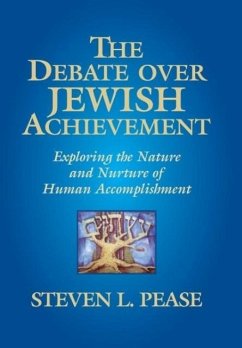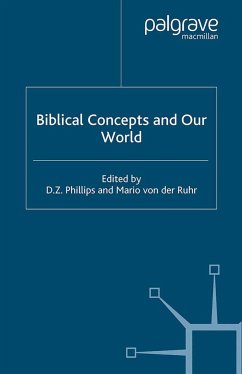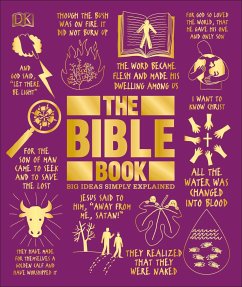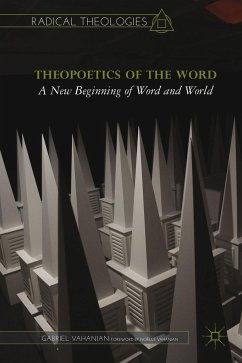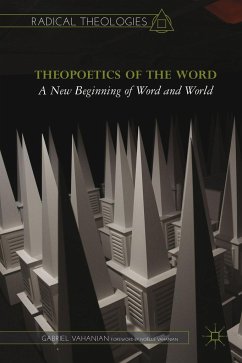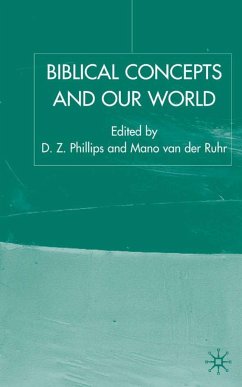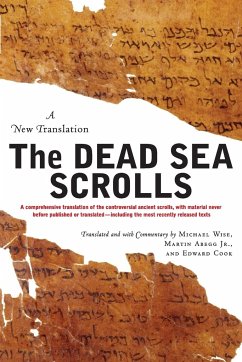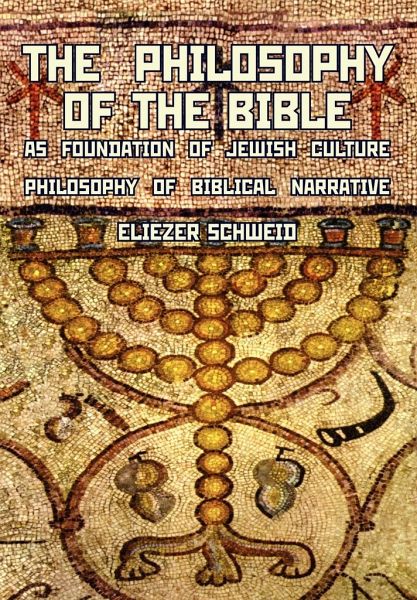
The Philosophy of the Bible as Foundation of Jewish Culture
Philosophy of Biblical Narrative
Übersetzer: Levin, Leonard
Versandkostenfrei!
Versandfertig in über 4 Wochen
69,99 €
inkl. MwSt.
Weitere Ausgaben:

PAYBACK Punkte
35 °P sammeln!
The fundamental book of Eliezer Schweid is a modern interpretation of the Bible as narrative and law which can reopen the dialogue of contemporary Jews with the Bible, from which a dynamic Jewish culture can continue to draw its inspiration. The approach draws at the same time from the philosophical modernism of Hermann Cohen, the dialogical philosophy of Buber, the religious phenomenology of Heschel, and the insights of contemporary Biblical scholars, including literary analysts of the Bible. Schweid helps us to appreciate the broader message of the narrative of creation and settlement of the...
The fundamental book of Eliezer Schweid is a modern interpretation of the Bible as narrative and law which can reopen the dialogue of contemporary Jews with the Bible, from which a dynamic Jewish culture can continue to draw its inspiration. The approach draws at the same time from the philosophical modernism of Hermann Cohen, the dialogical philosophy of Buber, the religious phenomenology of Heschel, and the insights of contemporary Biblical scholars, including literary analysts of the Bible. Schweid helps us to appreciate the broader message of the narrative of creation and settlement of the land in its ecumenical and planetary dimensions. The world is God's creation, and its resources are to be deployed as necessary for the sustenance and need-fulfillment of all peoples and all creatures equally-a message very much relevant to the ecological crisis facing us all at the present time.




